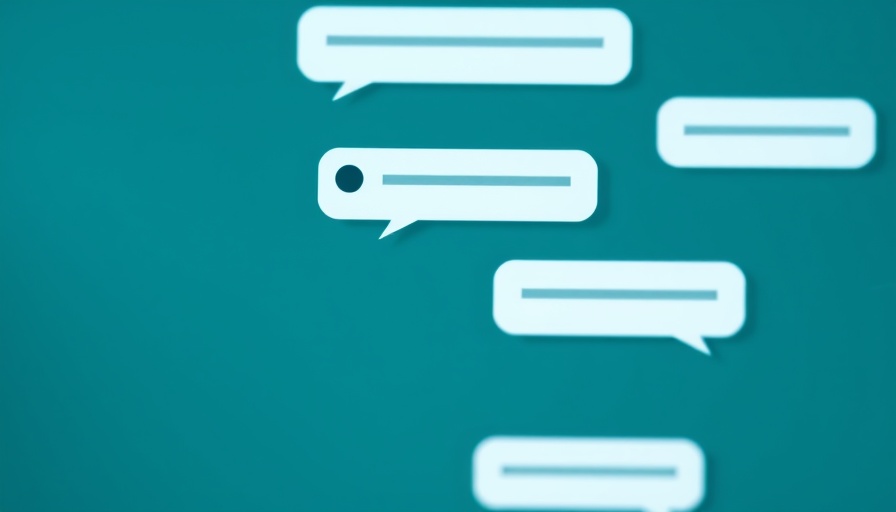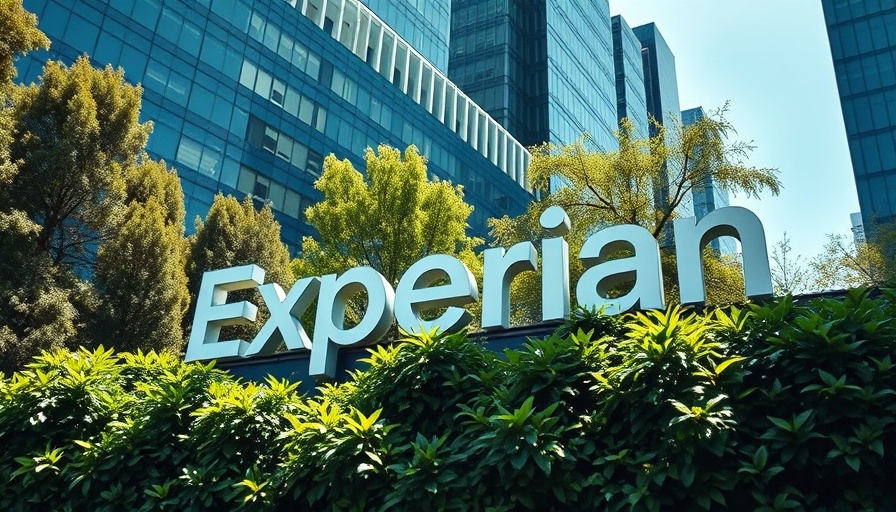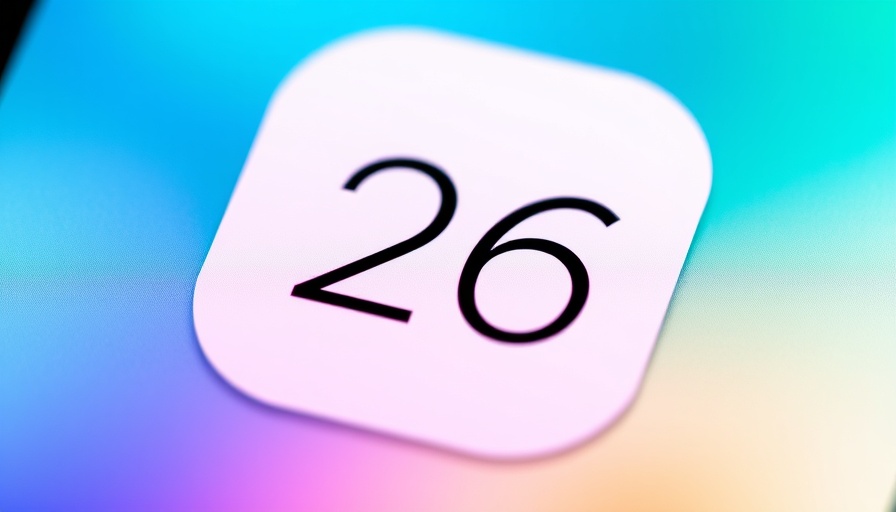
ChatGPT: Changing the Way We Connect
In an age where technology seeks to streamline our complex lives, AI tools like ChatGPT are revolutionizing personal communication. This shift towards leveraging chatbots in drafting our messages has sparked a mix of convenience and concern among users. Many individuals are now leaning on ChatGPT for articulating a variety of sentiments—from heartfelt condolences to cheerful greetings—thus transforming the way we convey emotions and connect with one another.
Understanding AI in Communication
At its core, ChatGPT, developed by OpenAI, employs sophisticated deep learning algorithms that mimic human writing. By analyzing vast databases of text, it generates contextually relevant responses that often blur the lines between human and machine-generated communication. This technology's advanced capabilities raise important questions about authenticity and the true nature of communication.
Benefits and Drawbacks of AI Messaging
On one hand, using AI like ChatGPT for crafting personal messages brings significant advantages. For instance, it saves time and relieves the anxiety of finding the perfect words during sensitive moments. Users can generate messages effortlessly, providing a functional solution for those struggling with emotionally charged situations. On the flip side, these conveniences may come at the cost of diminishing the authenticity and personal touch of communication. Would a heartfelt message lose its sincerity if generated by a machine?
The Challenge of Authenticity in AI-Generated Messages
With AI's increasing capabilities, detecting whether a message is human-written or AI-generated poses a challenge. Experts warn that detection tools are often lagging behind the technological advancements of AI. As users receive messages that may originate from a chatbot rather than a friend, they must grapple with trust issues and the nuances of emotional expression within their relationships.
The Future of Communication in a Digital Age
ChatGPT's integration into our daily exchanges prompts critical reflections on the future of interpersonal communication. Will we embrace AI as a substitute for traditional, personalized interaction, or will we resist the trend in favor of maintaining genuine emotional connections? This evolution requires society to strike a balance between the benefits of efficiency provided by AI and the innate human need for authentic communication.
Finding Balance in Our Digital Interactions
The rise of AI tools like ChatGPT signals a significant shift in communication styles. While these technologies offer new forms of convenience, they also pose risks of emotional detachment. Maintaining a balance between the efficiency of AI-generated messages and the authenticity of personal exchanges is paramount to preserving meaningful interactions in a digital landscape. As we navigate this complex environment, the choice lies within us—whether to adopt these technologies or reclaim our handwritten sentiments.
Conclusion: Embrace Change and Stay Authentic
The accessibility of AI such as ChatGPT opens new avenues for communication that promise to enhance our connectivity. However, it's crucial to navigate this technology with discernment, ensuring that our exchanges retain the depth and emotional richness that make communication meaningful. As technology progresses, we must explore how to harness these tools while fostering genuine human connections.
Explore the emerging trends of AI in communication and discover how you can differentiate yourself in this evolving market by visiting stratalystai.com/signal.
 Add Row
Add Row  Add
Add 




Write A Comment